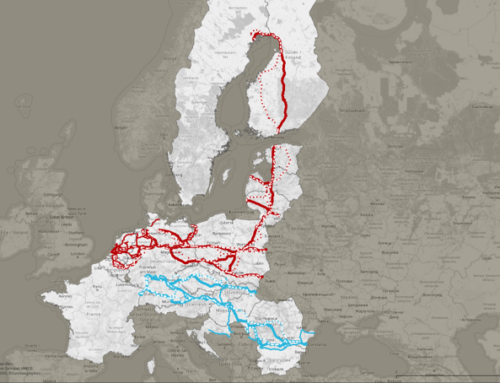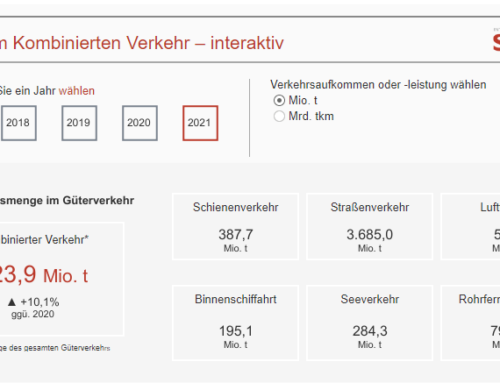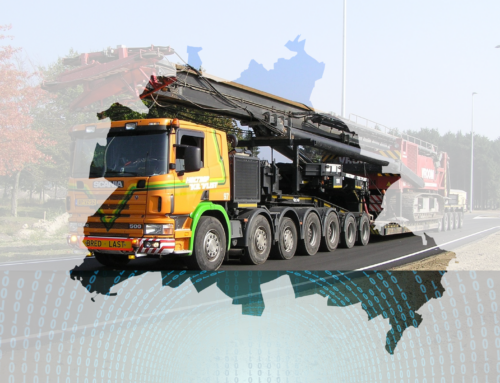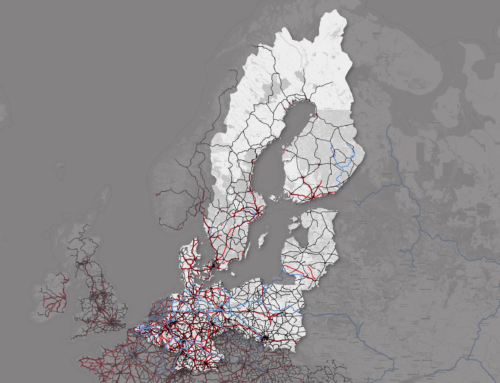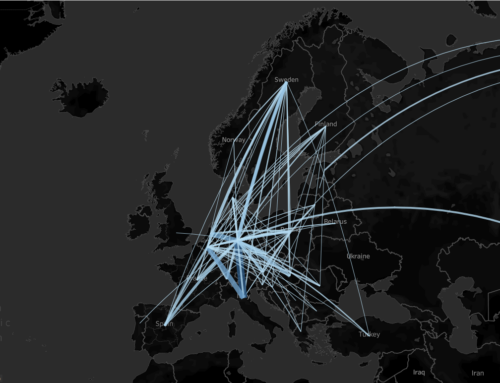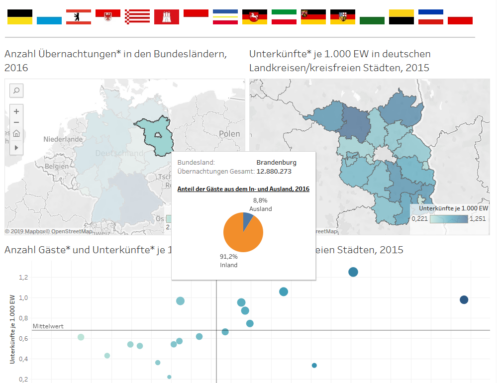Determination of structural data for the transport model of the city of Berlin
Project description
The Berlin Senate Department for the Environment, Transport and Climate Protection (SenUVK) regularly models the status quo of Berlin's transport system and, based on this, forecasts future transport development, also taking into account planned measures that are anchored in the Urban Development Plan for Transport (StEP Vekehr) and the Berlin Mobility Act. The transport model is used to assess the effects of projects and thus forms an important component of planning and political decision-making. This is associated with high demands on the quality of the transport model. On the one hand, the quality of the model plays an important role, i.e. mathematical modelling approaches must be correctly selected and used. On the other hand, a valid transport model requires a structured data basis, because only with reliable data can the transport model generate plausible results.
With a view to a new modelling cycle, the data basis, the structural database, is to be reviewed and updated. in this regard, I support SenUVK, together with VMZ, in order to create a sound and high-quality database in nine subject areas. The subject areas are broadly diversified, complex in terms of content and require a large knowledge base in order to be able to describe them adequately. This is particularly true because, in addition to the status quo, represented by data from 2019, structural data for the year 2035 is to be derived. The subject areas range from residents and employees to social and leisure infrastructures. For the structural database, we use official data, statistics from public authorities, crowd data and, with mobile phone data, big data.
Within the scope of the project, I am working on several of the above-mentioned topics and am mainly responsible for data source identification and indexing, including both quantitative and qualitative indexing approaches, including discussions with experts.
(Note: The project descriptions modified by me and presented here have been created jointly by the respective project participants).
Further information
Period
March 2020 – January 2021
Keywords
Berlin
Data analysis
Traffic
Structural data
Mobile data
GIS
Tableau




